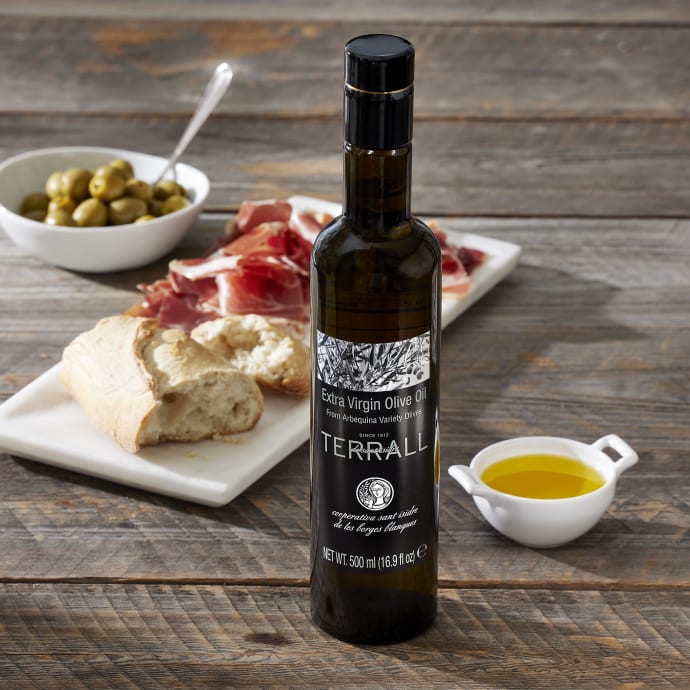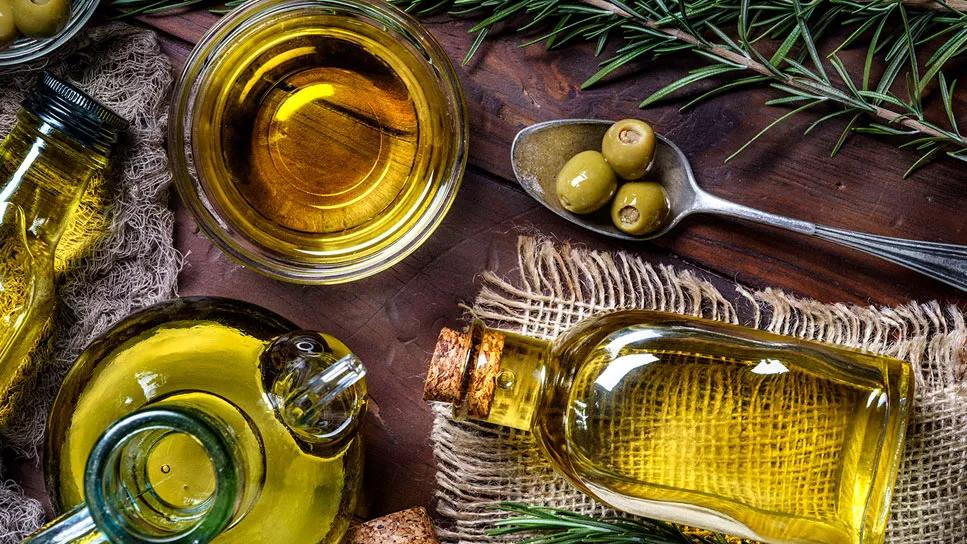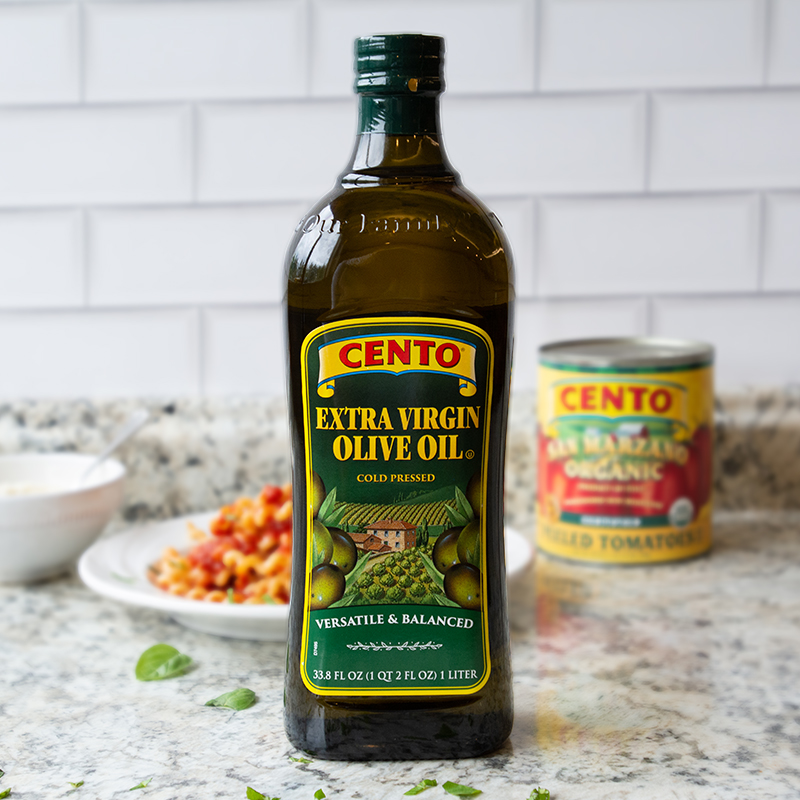Exploring the Different Kinds of Olive Oil and Their Uses, Including Additional Virgin Olive Oil
The expedition of olive oil incorporates a diverse array of types, each offering culinary applications and distinctive tastes. Extra virgin olive oil, renowned for its remarkable top quality and wellness benefits, serves as a staple in several cooking areas, yet it is just one facet of this diverse active ingredient.
What Is Olive Oil?
Derived from the fruit of the olive tree, olive oil is a staple in Mediterranean cuisine and a crucial active ingredient in various culinary applications. This flexible oil is created by pushing entire olives, causing a liquid that differs in color, flavor, and aroma relying on the sort of olives made use of, the area of farming, and the removal procedure. Olive oil is predominantly composed of monounsaturated fats, particularly oleic acid, which is known for its potential health benefits, including anti-inflammatory residential properties and cardio assistance.
In enhancement to its culinary uses, olive oil has a long history of application in traditional medication and skin care, owing to its abundant antioxidant material (extra virgin olive oil benefits). The oil is commonly utilized in dressings, marinates, and for cooking techniques such as sautéing and roasting. Its distinct flavor account can boost the preference of different meals, making it a necessary component for both home cooks and professional cooks
Moreover, olive oil is commemorated for its role in the Mediterranean diet, which is linked with many health and wellness benefits. As awareness of these benefits grows, olive oil continues to obtain appeal worldwide as an essential component of a healthy and balanced way of life.
Sorts Of Olive Oil
Recognizing the different kinds of olive oil is necessary for both health-conscious customers and culinary lovers. Olive oil is classified largely based on its removal method and top quality, which considerably influences its wellness, aroma, and taste advantages.

Light olive oil, in spite of its name, refers to a lighter taste and not reduced calories. It is optimal for those seeking an extra refined taste in sauces and dressings. Furthermore, there are flavored olive oils instilled with herbs, spices, or citrus, which can boost meals without the need for added spices.
Each type of olive oil offers particular cooking functions, and understanding these distinctions enables consumers to make enlightened options that align with their food preparation styles and wellness goals.
Bonus Virgin Olive Oil
Additional virgin olive oil (EVOO) is widely considered the best quality olive oil offered, well known for its abundant flavor and many health advantages. To be classified as added virgin, the oil must be generated from fresh olives using mechanical procedures, without the usage of solvents or extreme warmth. This precise approach protects the oil's all-natural flavors, anti-oxidants, and healthy fats, leading to a product with a low level of acidity degree of less than 0.8%.
EVOO is bountiful in monounsaturated fats, particularly oleic acid, which is connected to reduced inflammation and enhanced heart wellness. It also includes polyphenols, effective anti-oxidants that may use safety effects against persistent diseases. The flavor account of EVOO can differ significantly depending upon the olive selection and region of production, varying from fruity and verdant to robust and sharp.

Culinary Use Olive Oil

In cooking, olive oil can be used for sautéing, toasting, and cooking, giving a much healthier option to butter or other fats. Its high smoke point makes it ideal for numerous cooking techniques, while its antioxidants add to a heart-healthy diet regimen. Showering olive oil over completed meals, such as pasta, fish, or grilled veggies, can boost flavors and add a touch of style.
In addition, olive oil plays a substantial function in baking, where it can change standard fats in recipes for bread and breads, giving moisture and a refined preference. It also works as a base for instilled oils, allowing cooks to explore flavors such as garlic, natural herbs, or chili, even more expanding its cooking potential. On the whole, olive oil's adaptability makes it essential in both home and specialist kitchen areas.
Choosing Top Quality Olive Oil
When choosing top quality olive oil, it's vital to consider numerous essential variables that influence the item's taste, health, and fragrance advantages. Opt for additional virgin olive oil (EVOO), which is acquired from the initial chilly pushing of olives and has the highest levels of anti-oxidants and valuable compounds. Search for oils that are licensed by acknowledged companies, as this often makes certain adherence to stringent quality requirements.
The product packaging additionally plays a substantial role in preserving the oil's stability. Select oils kept in dark glass containers or tins to shield against light degradation. Pay attention to the harvest date; fresher oils provide remarkable taste and dietary worth, so pick products that are within 18 months of their harvest.
In enhancement, take into consideration the beginning of the oil. High-quality olive oils frequently come from particular regions known for their distinct flavor accounts, such as Italian, Spanish, or Greek oils. Finally, be mindful of the preference; a top quality olive page oil need to have an equilibrium of fruity, bitter, and sharp notes, suggesting its richness and complexity. By reviewing these aspects, you can guarantee you are selecting the most effective olive oil for your cooking demands.
Final Thought
In summary, the expedition of different sorts of olive oil discloses unique qualities and applications, with extra virgin olive oil standing for the pinnacle of top quality because of its low level of acidity and high antioxidant material. Its versatility in cooking uses boosts flavors in dressings, sauces, and sprinkles. Understanding the various varieties of olive oil enables informed selections in cooking approaches, promoting much healthier methods while improving the general gastronomic experience. Quality option stays you could look here crucial for ideal benefits.
Obtained from the fruit of the olive tree, olive oil is a staple in Mediterranean food and a key component in numerous cooking applications.The most common types of olive oil consist of improved olive oil, pure olive oil, and light olive oil.Extra virgin olive oil (EVOO) is commonly related to as the highest possible quality olive oil offered, renowned for its abundant taste and numerous health and wellness advantages. Decide for added virgin olive oil (EVOO), which is derived from the first chilly pressing of olives and consists of the highest possible degrees of antioxidants and useful compounds.In summary, the exploration of different types of olive oil exposes distinctive features and applications, with added virgin olive oil representing the pinnacle of quality due to its low acidity and high antioxidant content.
Comments on “How Extra Virgin Olive Oil Benefits Your Heart and Overall Well-being”